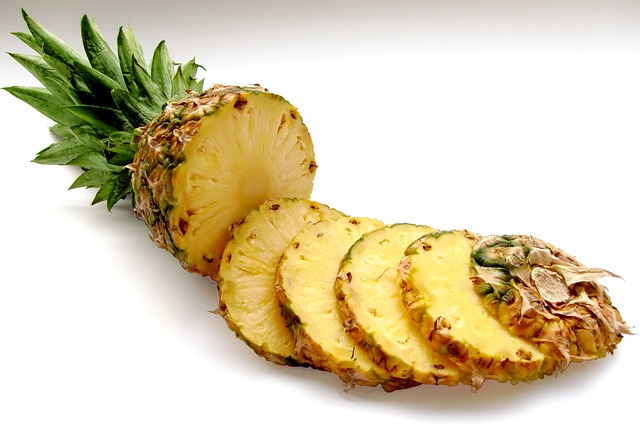Introduction
If you’ve ever heard of probiotics, you know they’re good for your gut health. But do you know exactly what they are and how they work? In this blog, we’ll explore everything you need to know about probiotics and gut health, including what probiotics are, their benefits, and how to get them in your diet.
What are probiotics?
Probiotics are live bacteria and yeasts that are good for your health, especially your digestive system. They’re often referred to as “good” or “friendly” bacteria because they help keep your gut healthy by restoring the natural balance of bacteria in your gut.
You can find probiotics in many fermented foods, such as yogurt, kefir, sauerkraut, kimchi, and kombucha. They can also be taken as supplements in the form of pills, capsules, or powders.
The benefits of probiotics
Probiotics have many potential health benefits. Some of the most notable include:
- Improved digestion: Probiotics can help relieve constipation, diarrhea, and other digestive issues by regulating the balance of bacteria in your gut.
- Boosted immunity: The good bacteria in probiotics can help strengthen your immune system by fighting off harmful bacteria and viruses.
- Reduced inflammation: Probiotics may help reduce inflammation in the gut, which can help prevent chronic diseases such as inflammatory bowel disease and arthritis.
- Mental health benefits: There’s some evidence to suggest that probiotics may improve mood and reduce symptoms of anxiety and depression.
How to get probiotics in your diet
The easiest way to get probiotics is to consume fermented foods that contain live cultures of good bacteria. Some of the best sources of probiotics include:
- Yogurt: Look for brands that contain live and active cultures, such as Lactobacillus acidophilus and Bifidobacterium lactis.
- Kefir: This fermented milk drink is similar to yogurt but has a thinner consistency. It’s also a good source of probiotics.
- Fermented vegetables: Sauerkraut, kimchi, and other fermented vegetables are great sources of probiotics.
- Kombucha: This fermented tea contains live cultures of bacteria and yeasts and is a popular probiotic drink.
If you don’t consume these foods regularly, you can also take probiotic supplements. Look for products that contain a variety of strains of good bacteria and have a high colony-forming unit (CFU) count.
Conclusion
Probiotics are an important part of a healthy diet and can offer many potential health benefits. By consuming fermented foods or taking supplements, you can support your gut health and boost your overall well-being.







